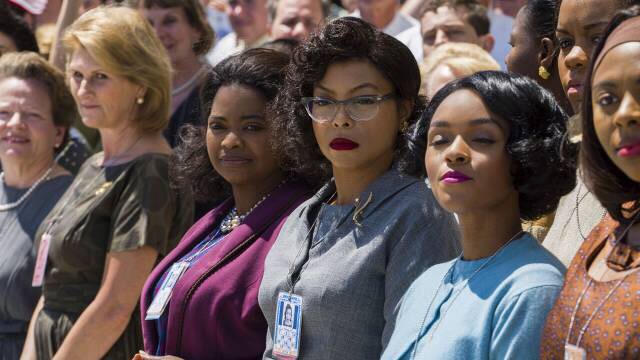In the last tip, I talked about a couple of challenges in being TOO “up” all the time on the air. (Being told to “have more energy” is usually the cause of this.)
Just fyi, the “example” in the tip wasn’t really any specific morning team; it was drawn from several different teams I’ve coached. (But it’s always interesting to see which of the people I work with will THINK that a tip was written about them.)
Here’s the follow-up. In just one or two sessions, this “shot from a cannon, everything at one constant energy level” thing almost always changes.
The biggest factor in trying to help anyone improve is the natural resistance to change. But there’s nothing to fear if the motive behind it is simply to help you sound more three-dimensional and natural on the air. The era of “presenting” and “announcing” is GONE. The world is too full of shouting, noisy hype to believe anything done with that approach anymore.
In every way you can think of, make things more HUMAN. Being a constant piston-engine, frantically energetic noise doesn’t REVEAL anything about you. And let’s be clear: the listener has to LIKE you, or he/she won’t listen. There are too many other places to turn for information and entertainment to think that your station is going to succeed without being Personality-driven.
Radio will need to up our game to be valid as technology continues to change the landscape in terms of what the listener’s options are. But we’re still first in line for the listener’s time – IF we have Personality.



